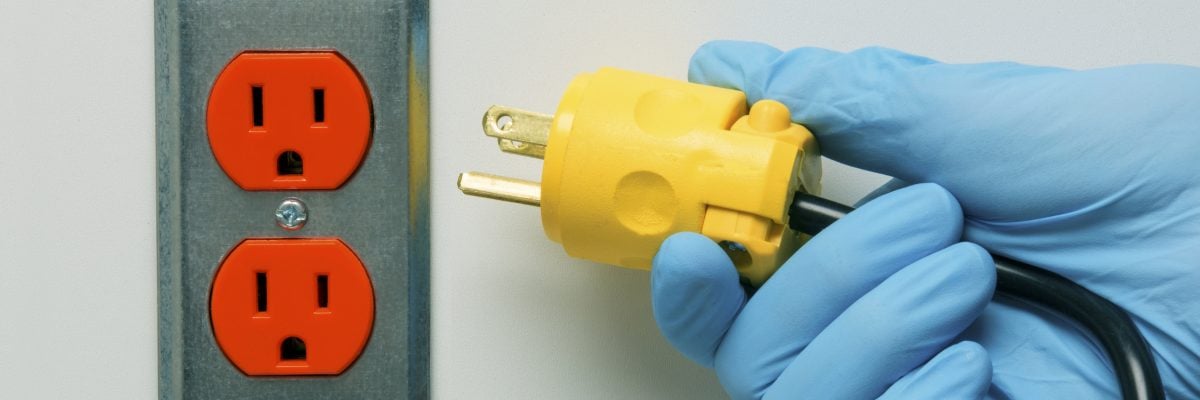
Question:
Answer:
In short, the Church teaches that extraordinary measures need not be taken to keep someone alive, e.g., the use of a ventilator when a person’s breathing system is shutting down.
At the same, the Church teaches that ordinary medical care should never be forsaken, i.e., food and fluids—even when taken intravenously—unless receiving food or fluids yield more harm than good because a person’s body is shutting down.
In all cases, a person in the latter stages of life should be given good palliative care, including oxygen received nasally and also pain-management pharmaceuticals, both of which will aid the patient’s comfort in their last days as they prepare for death.
Unfortunately, many hospitals today practice a form of euthanasia by withholding food and fluids because doctors have judged a patient has reached a diminished “quality of life.” The person might well die in only weeks or months otherwise because of their physical condition, yet they end up dying from starvation and dehydration sooner. Such bioethical practices are not ethical, because they establish the precedent for ending the life others deemed to have a diminished quality of life, including because they are perceived as a burden on society, e.g., those with Down Syndrome.
For more on this issue, please see our previous response on extraordinary care. In addition, for more information, including obtaining an advance directive to ensure Catholic principles are followed in end-of-life care for you and your loved, we encourage you to contact Human Life International and the National Catholic Bioethics Center.



